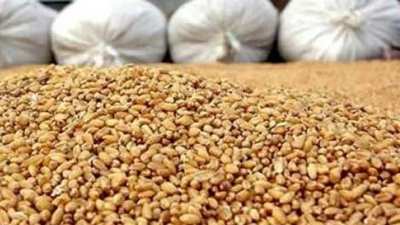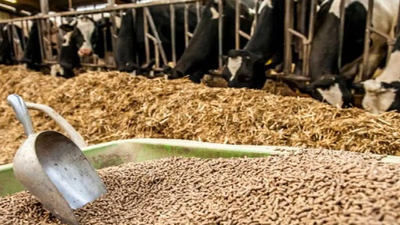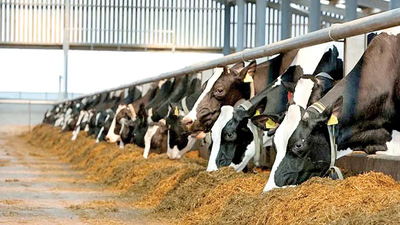
Exporting animal feed requires compliance with regulations and quality standards.
In order to export fodder and animal feed to foreign countries, it is important to consult with the relevant authorities and organizations in your country and comply with export laws, regulations and procedures. Also, advice from international trade experts and related business associations and organizations can also help you in successful export. Before anything else, you should do a thorough research on the foreign markets you plan to export to. Examining needs, demand, laws and regulations and other market factors can help you find the best solutions for exporting.
It is very important to check the standards and regulations related to the import of fodder and animal feed in the destination countries. You must ensure that your products comply with local standards and regulations, and you may need certain certificates and permits. You need to produce high quality forage and feed and make sure they are packaged properly. It is also necessary to examine the needs of packaging and transportation of products to the destination country. You must choose the appropriate methods to transport your products to the destination country. This includes the use of road, sea, air or rail transport. Choosing the right method depends on the type of products, destination and shipping costs.
You must prepare all the documents related to the export. This includes commercial invoices, contracts, certificates, licenses, certificates of authenticity and other relevant documents. You should also be in contact with the qualified authorities in the destination country and do any necessary regulations and measures. Proper planning is important for marketing and selling your products in the destination country. You can market and sell your products by building relationships with local importers, attending trade shows, using advertising and social media methods, and building local sales and distribution networks.
Maintaining product quality and providing proper after-sales service to customers in the destination country plays an important role in the success of your export. Creating trust and customer satisfaction makes you known as a reliable supplier in the foreign market. Each country may set specific standards and regulations for importing fodder and animal feed. These regulations may include health restrictions, animal health, labeling, packaging, etc. Complying with these standards and regulations can create challenges for you. Transporting fodder and animal feed products to distant countries may face problems such as high costs, time-consuming, and risks related to transportation. Factors such as ports, terminals, transportation network and customs issues can also cause problems.
The international market is full of competition and you will be competing with other manufacturers and exporters in the destination countries. To succeed in this market, you must be able to compete with your competitors and offer your own advantages. Cultural and linguistic differences may cause ambiguities and mistakes in business communication and negotiations. Understanding the culture and language of the destination countries and using local translators and consultants can help you in this field. Exporting to foreign countries may be associated with financial and currency problems. Payment guarantee, currency conversion, other financial problems in the destination country and exchange rate changes can cause problems.
Political changes and laws in destination countries can have a big impact on your exports. Changes in trade policies, sanctions, customs and import laws may affect export conditions. In exporting, you may face problems like delay in refund and settlement. Some countries may have delays in payments due to financial or political reasons. Consider managing credit and financial risk properly. Weather factors and infrastructural problems can have a great impact on the production and export of fodder and animal feed. Problems such as drought, floods, diseases and infrastructure problems such as electricity, water, roads and ports can be affected.
Exchange rate changes can have a big impact on your export price and profitability. A stable exchange rate and correct currency conversion are important. Sanctions and trade restrictions may affect your exports. In some cases, certain countries may impose restrictions on the import of fodder and animal feed, which can lead to problems for your exports. Research your target markets well, comply with relevant standards and regulations, compete with competitors, establish good and reliable relationships with customers, and use local marketing and business consultants and experts. Also, creating a detailed export plan and proper financial and currency management will also help.



